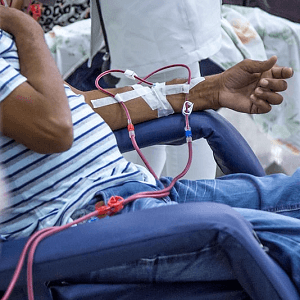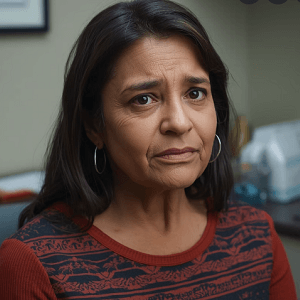Puerto Rico, a U.S. territory often overlooked in national discourse, faces significant health disparities exacerbated by federal policies that treat it differently from the 50 states. Recent research highlights how these disparities have been amplified by a series of natural disasters and the COVID-19 pandemic.
The Federal Emergency Management Agency’s (FEMA) disaster response in Puerto Rico has been notably unequal. Following Hurricane Maria in 2017, the territory received significantly less aid compared to Texas and Florida, which were also hit by major hurricanes that year. A subsequent investigation revealed FEMA mismanaged about $257 million in Puerto Rico’s relief funds.
Healthcare in Puerto Rico faces unique challenges. Unlike states where Medicaid operates as an entitlement program, Puerto Rico’s Medicaid is funded through a block grant that has historically covered only about 55% of expenditures. This disparity leads to lower reimbursement rates for healthcare providers, contributing to a severe shortage of both primary care and specialist doctors on the island.
The territory’s political status further compounds these issues. Puerto Ricans cannot vote for U.S. President and lack voting representation in Congress, limiting their ability to influence crucial federal decisions on FEMA funding and Medicaid block grants.
Anna-Michelle McSorley, a postdoctoral associate at NYU, emphasizes the need to address these upstream policy failures to mitigate their consequences on public health in Puerto Rico.
See “Often forgotten: How US hurricane relief and health care policies leave Puerto Rico behind” (August 22, 2024)



